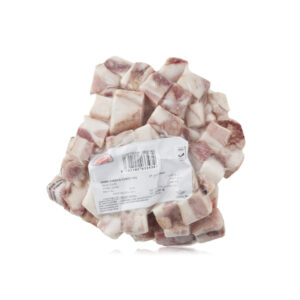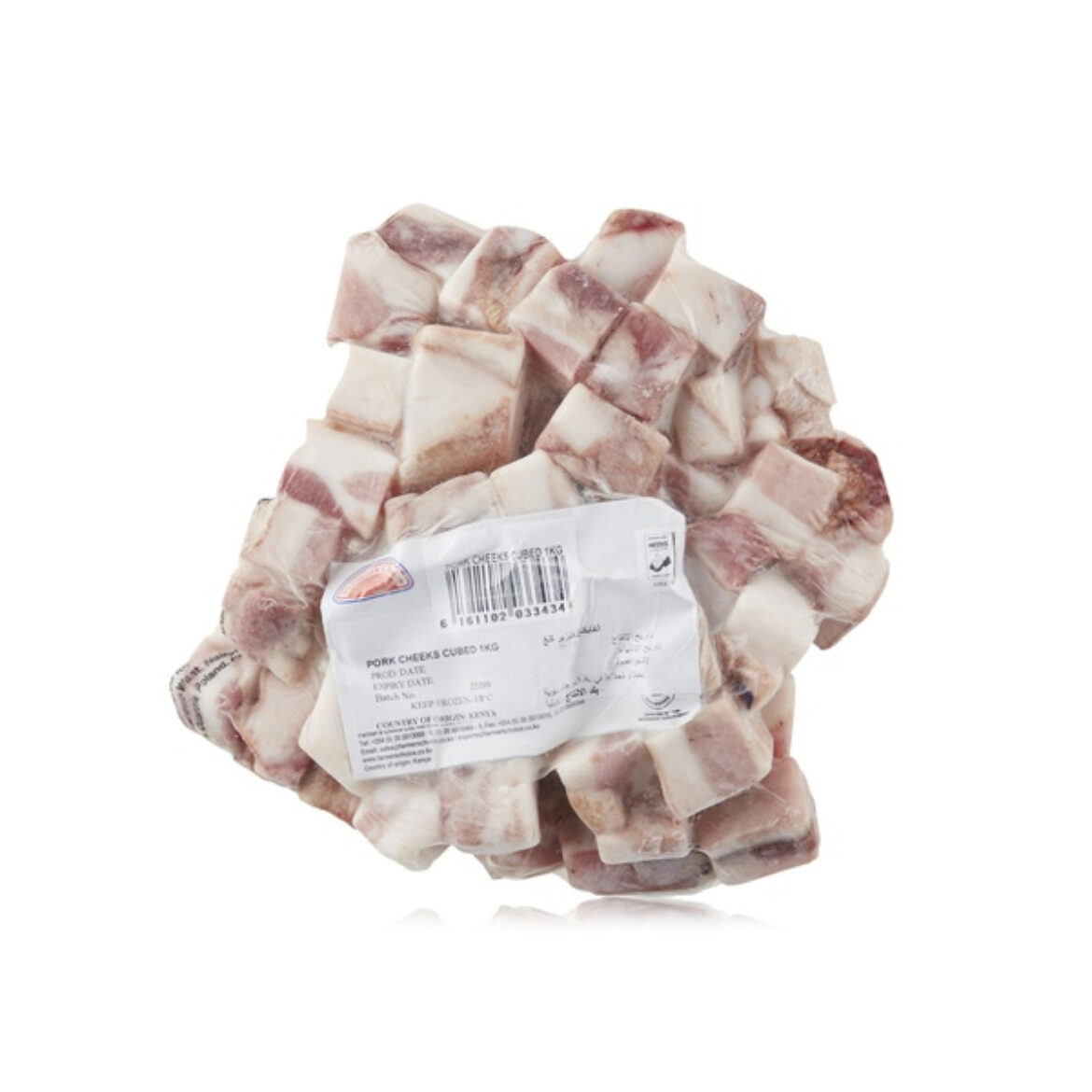With the convenience of grocery delivery, it’s easier than ever to stock up on essential food items. However, if you want to get the most out of your food supplies, you need to learn how to store them correctly.
Proper storage is vital for maintaining food quality and safety. It also helps reduce waste, save money, and keep your meals fresh and delicious.
This guide will teach you which ingredients to store in your pantry, refrigerator, and freezer and provide tips on keeping different kinds of food in their best condition for consumption.
Pantry
Proper pantry storage helps maintain the quality of many food items. Tucking away staples in the right conditions can preserve their flavour and nutritional value and prevent waste.
Here are some items that should go into the pantry and some tips for storing them correctly:
Olive Oil
Olive oil should be kept in a dark cupboard to shield it from light and heat, which can cause it to go rancid. Ensuring it is well-sealed helps preserve its flavour and nutritional benefits. Never place olive oil in the fridge, as it can become cloudy or solidify.
Vinegar
Keep vinegar in a cool, dark place and tightly sealed to retain its acidity and flavour. Properly stored vinegar has an indefinite shelf life and is versatile for both cooking and cleaning. For optimal clarity and crisp taste, consider refrigerating it after opening.
Flour
Store flour in airtight containers to prevent pest infestation. Make sure you keep it in a cool, dry place.
All-purpose and cake flour can last one to two years, while those made from whole grainsand nuts have a shorter shelf life of three months to a year. To prolong the freshness of whole-grain, nut, or gluten-free flours, put them in the fridge or freezer.
Sugar
Sugar, whether granulated, brown, or powdered, should be kept in sealed, waterproof canisters in the pantry to prevent moisture absorption and clumping. Properly stored sugar can last indefinitely, though it’s best used within two years.
Coffee and Tea
Coffee and tea should also be stored in impermeable bags or jars somewhere not exposed to heat and light. These storage methods help keep freshness and taste for longer periods. Do not keep coffee in the fridge or freezer, as moisture can cause it to lose its freshness and flavour.
Rice and Pasta
Sealed glass or plastic canisters are ideal for preventing pests from accessing rice and pasta stored on pantry shelves. However, brown rice is best kept in the fridge for longer-term storage, while white rice can safely be kept in the pantry.
Unlike dried, ready-made products, fresh pasta needs to be refrigerated and used within a few days. It should never be frozen to avoid altering its texture.
Canned Goods
Place canned goods in a cool, dry pantry to ensure they stay good until their best-by date. Check expiration dates regularly and rotate stock to use the oldest items first.
Once opened, transfer the contents in an airtight container and put it in the fridge. Make sure to consume food that’s already out of the can within a few days.
Refrigerator
Storing food in the refrigerator correctly is vital for maintaining freshness and safety. Keep reading to learn some tips for stowing common refrigerated items.
Milk
Keep milk at the back of the fridge where it is coldest. After ensuring it is tightly sealed, put it back in the refrigerator immediately after use to keep it fresh and safe for future consumption.
Eggs
Eggs should be placed in the middle shelf of the refrigerator to maintain a consistent temperature. Keep them in their original carton to protect them from absorbing strong odours and flavours.
Cheese
Wrap cheese in wax paper first, then plastic. This will allow it to breathe while preventing it from drying out. Hard cheeses can be stored longer than soft cheeses. Make sure you check regularly for mould.
Fresh Produce
Use crisper drawers with appropriate humidity settings for different types of produce.
To prevent premature spoilage, separate fruits and vegetables that emit ethylene gas (such as apples) from those sensitive to it (like cauliflower).
Freezer
The freezer helps extend the shelf life of various ingredients, ensuring you always have some on hand when you need them.
Be sure to follow these tips for storing your newly stocked ingredients:
Seafood
Store seafood in airtight packaging so it doesn’t get freezer burn, and label it with the freezing date to keep track of its freshness. Freezer-safe bags or containers help maintain the quality of the seafood and ensure it stays fresh and ready to cook when needed.
Meat
Portion meat into meal-sized packages before freezing for convenience and to reduce waste. Use vacuum-sealed packaging and keep the freezer at a consistent temperature to prevent contamination and maintain meat quality.
Grocery delivery makes it easy to access fresh and frozen food near you, while proper storage of pantry, refrigerated, and frozen products ensures food quality and safety.
Keep your storage areas organised, use airtight containers, and label items to ensure everything stays fresh and ready to use.



